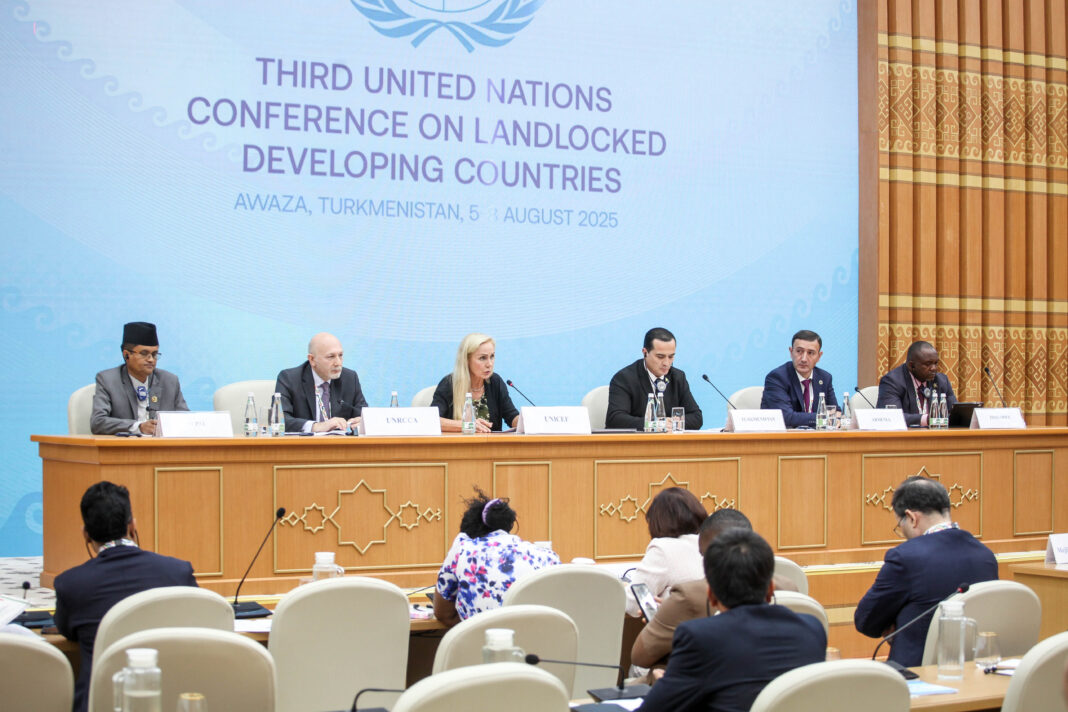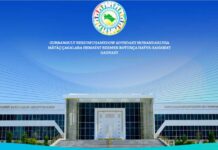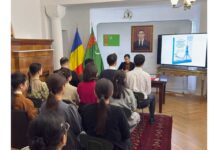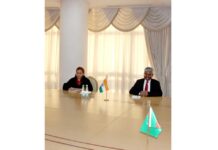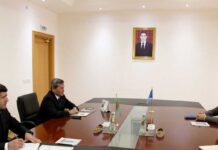On 9 August, as the Third United Nations Conference on Landlocked Developing Countries (LLDC3) concluded in Awaza, Turkmenistan, UNICEF urged governments and partners to put children at the center of development plans and investments in the world’s least connected nations.
Over four days, UNICEF participated in high-level roundtables, thematic forums and plenary sessions, calling for stronger action to ensure that nearly 250 million children living in LLDCs — half of their total population — are not left behind.
UNICEF stressed the need for sustained investment in social services, digital public infrastructure, and systems that are inclusive, climate-resilient, and accessible to every child.
In discussions on financing for development, UNICEF called for funding strategies that are flexible, predictable, and sustainable. Drawing on examples from Afghanistan, Mongolia, Malawi, and Turkmenistan, UNICEF stressed the need for increased official development assistance (ODA), wider partnerships, and scalable innovations that deliver results for children. At the Youth Forum and the Parliamentary Forum, UNICEF underscored the role of accountable governance, youth leadership, and civic engagement as essential to building inclusive and sustainable societies.
High representative van der Heijden , while in Awaza, met with senior government officials, including H.E. Bayramgul Orazdurdyyeva, Deputy Prime Minister for science, education, health and sports, and H.E. Hojamyrat Geldimyradov, Deputy Prime Minister for Economy and Finance. Discussions focused on the new UNICEF–Government of Turkmenistan Country Programme (2026–2030) and expanding collaboration in areas such as child health, disability inclusion, early education, climate resilient schools, and sustainable public financing for children.
UNICEF welcomed the adoption of the Awaza Programme of Action (2024-2034) and reaffirmed its commitment to working with LLDCs and partners to turn its vision into reality for every child.

